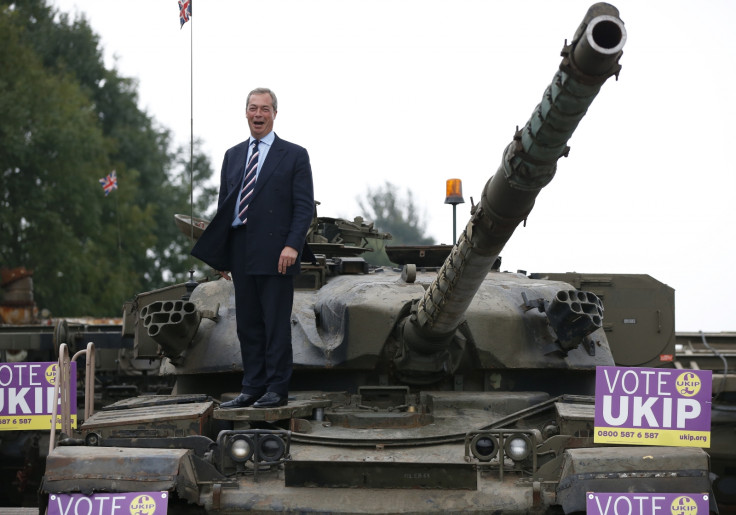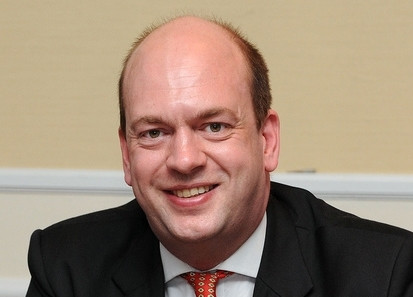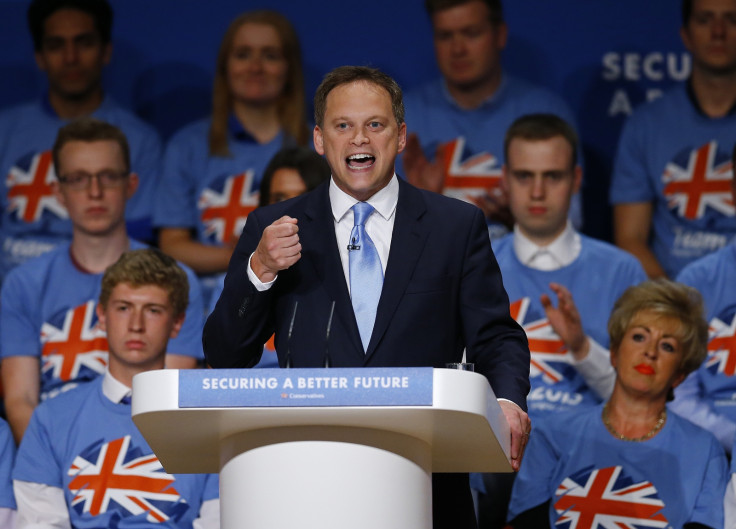David Cameron Delays Crucial Ukip Contest to Deny Defector Mark Reckless an Early Boost

David Cameron's decision to stage the crucial Rochester by-election on 20 November is the latest sign of the depth of Tory fears that the Ukip bandwagon is gathering speed and threatening to torpedo the already slim prospect of an outright general election victory next May.
The party leadership is desperate to delay the contest as long as possible to deny Ukip's Mark Reckless the likely advantage of a bounce from the party's recent by-election results and to prepare a powerful all-guns-blazing campaign of its own.
Cameron also wants time for his innovative "open ballot" system for choosing the Tory candidate to work. The party has already selected two women candidates, marine surveyor Kelly Tolhurst and former barrister Anna Firth, and voting papers are being sent to every elector in the constituency to chose the final contender.
But the Clacton winner, Douglas Carswell, took his seat in the Commons this week amid rumours he was planning to call the by-election himself for the earliest possible date.

The decision would normally be taken by the party which held the seat but, because Reckless defected to Ukip the situation was unclear. The ultimate decision would have been for the Speaker, John Bercow, whose relationship with the Tories is at an all-time low. So the Tories acted swiftly to get their favoured date.
But the initial confidence in Tory ranks that they would hold onto the seat has been shattered by Ukip's shock surge in both the Clacton and Heywood polls.
To lose in a heartland such as Rochester, where Reckless had majority of 9,953 in 2010, would be an unmitigated catastrophe for the Tories, suggesting there were no longer any safe seats and encouraging other MPs to jump ship.
Hard-line Eurosceptic backbenchers are already looking to the contest as a indication of whether they would boost their election chances by defecting. And the recent study showing at least four Tory MPs would have a better chance of being elected as Ukip candidates has added to the sense of impending gloom for Cameron.
His troubles have been further intensified by warnings form his own side that they are not going to back moves to transfer more policing powers to Brussels, with the European arrest warrant a specific rallying point for the rebels.
The chairman of the 1922 committee of all Tory backbenchers, Graham Brady told the Times he could not support the move, and there are many other Eurosceptic MPs opposed to it.

The new deal with Brussels needs to be signed by 1 December, meaning any Commons revolt could come in the heat of the Rochester campaign.
No one in the Tory ranks is in any doubt that Rochester is a make-or-break contest for them and their leader who, while he would almost certainly survive defeat would be terminally wounded.
If a succession of other Ukip-sparked polls then followed in the few months left to the general election it could spell disaster for the party's hopes of beating Labour.
And a near win in Rochester will not be enough. If Cameron is to stand any chance of focusing his party's eyes beyond the obsession with Ukip and Europe, the issue which has proved fatal in the past, he needs a decisive victory.
So the Tory high command are preparing a massive campaign, targeting both Ukip and Reckless himself who was given a taste of the sort of personal attacks he can expect when party leaders branded him a liar and traitor at their annual conference.
This by-election promises to be one of the most brutal and unpredictable for years.
© Copyright IBTimes 2025. All rights reserved.






















